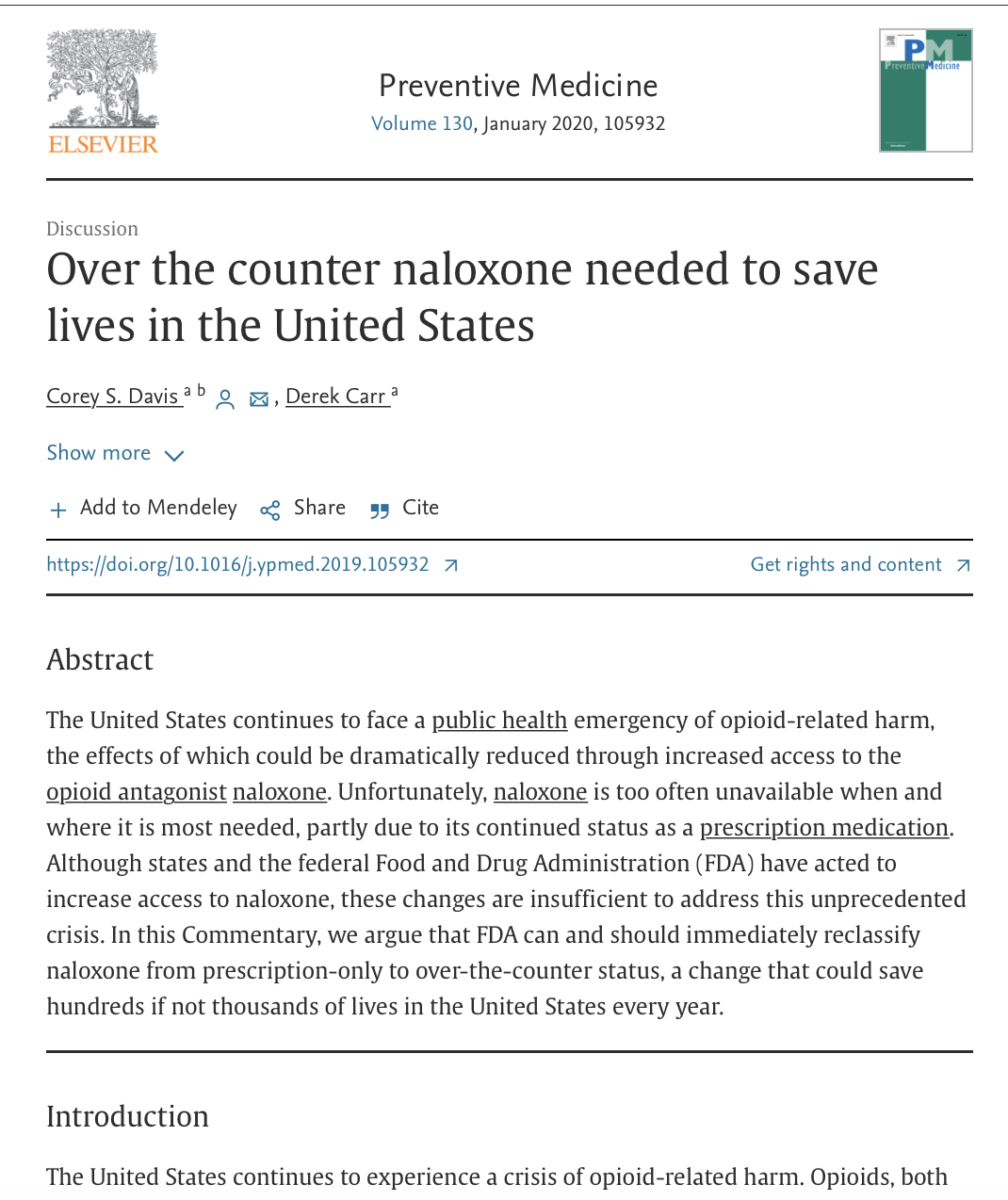The United States continues to face a public health emergency of opioid overdoses, the effects of which could be dramatically reduced through increased access to the opioid antagonist naloxone. But naloxone is too often unavailable when and where it is most needed, partly due to its continued status as a prescription medication. Although states and the federal Food and Drug Administration have acted to increase access to naloxone, these changes are insufficient to address this unprecedented crisis. This commentary argues that the Food and Drug Administration should reclassify naloxone from prescription-only to over-the-counter status, a change that could save hundreds if not thousands of lives every year.
Recent Abstracts
The Future of Health Financing in Africa: The Role of Health Taxes
RESET Alcohol Initiative Case Study: Media Campaign Resonates with the Public in Mexico
RESET Alcohol Initiative Case Study: A Historic Win for Alcohol Policy in Brazil
Effects of Heat on Early Childhood Development
Blood Lead Surveillance of Children and Pregnant Women in Tamil Nadu, India
Sportswashing through Media: Coca-Cola’s Olympic Play – A Research Report
What’s in Our Food?
Mais Dados Mais Saúde
More Data, Better Health – Primary Health Care
Mais Dados Mais Saúde: Experiência De Discriminação Cotidiana Pela População Brasileira
